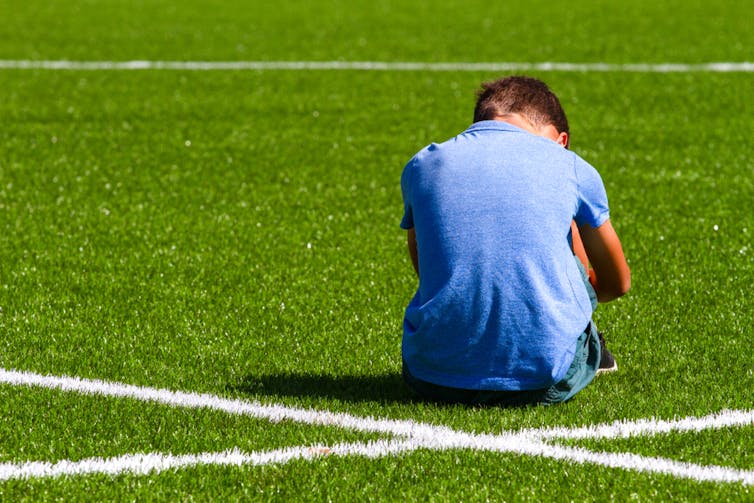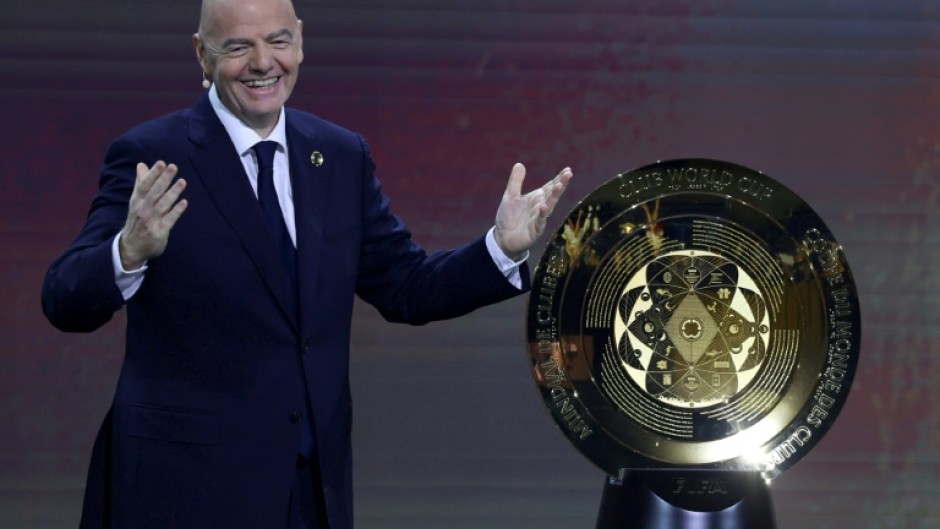
Friday, 4 April 2025
World Club Cup winner to score up to $125 million prize money

Wednesday, 29 January 2025
Chelsea sign Girma in reported world record deal for female footballer
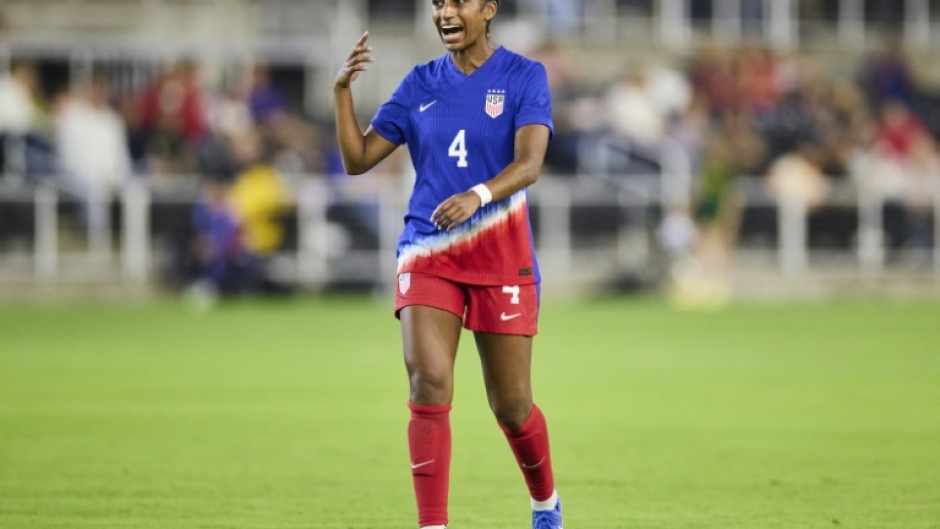
Monday, 13 January 2025
Neymar says 2026 World Cup will be his last
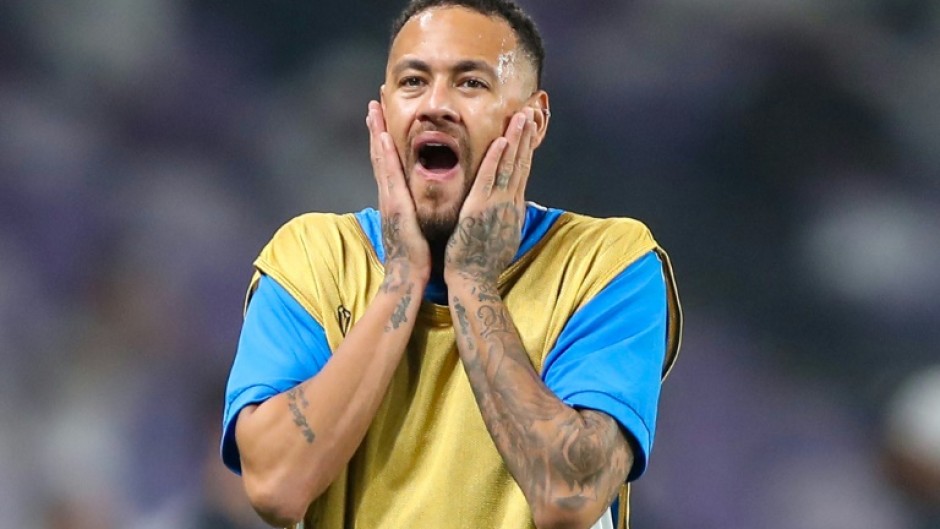
Thursday, 21 November 2024
Japan hammer Indonesia to edge closer to World Cup spot

Tuesday, 19 November 2024
Ruthless Japan beat China to move to brink of World Cup qualification

Wednesday, 14 August 2024
Football legend Bhaichung Bhutia supports Mothers Against Vaping to combat threat of new-age tobacco devices on children

Monday, 17 June 2024
Managing Productivity During Euros 2024: HR Strategies

Monday, 26 February 2024
Messi grabs late leveller for Miami at Galaxy
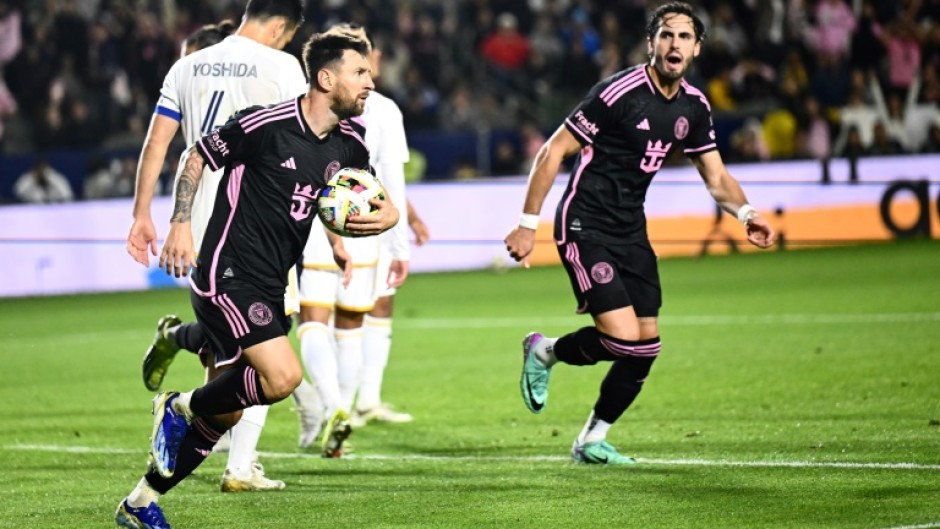
Monday, 30 October 2023
What the David Beckham documentary tells us – and what it doesn’t – about controlling parents in sport
I was able to handle being abused by the fans […] because of the way my dad had been to me.
A poignant scene shows Beckham’s mother Sandra struggling with how hard his father Ted was on their son. Ted’s shouting often brought David to tears. When asked if he was too tough on David, Ted says:
No […] if I told him how good he was, then he’s got nothing to work at.
Throughout the documentary, Ted’s behaviour is rationalised by Ted and even Beckham himself as necessary to support David’s sporting trajectory. But David also said he was scared of his father’s feedback and felt compelled to practise for hours every day.
Other athletes with similar stories include Tiger Woods, Andre Agassi and Australian Jelena Dokic.
Too often, controlling behaviour by parents is portrayed as necessary for success as an athlete. But the evidence shows this idea is false. In fact, such an approach can be detrimental to both a child’s chances of sporting success and their wellbeing.
And it’s not just a problem with elite sport; our research shows it’s also occurring with community sport.
What we found
Our research found about one in three people we surveyed said they’d experienced abuse by a parent during their time in Australian community sport.
Psychological abuse by parents was reported by just under a third of our respondents, and included behaviours such as:
excessive criticism
insults and humiliation
excessively training to extreme exhaustion/vomiting
ignoring a child following a sport performance.
The controlling and abusive behaviours described above have been consistently normalised by parents, coaches and sporting organisations as being necessary to create “mentally tough” athletes ready for high-level competition.
However, there is no evidence abusive and controlling behaviours have a positive impact on performance.
Instead, there is ample evidence to indicate it:
harms children’s confidence and self-esteem
is associated with depression and anxiety.
Research shows when adults in community sport use what’s known as an “autonomy-supportive approach” – in which young people are empowered to make their own decisions and have their feelings validated – children can be more self-motivated.
An experiment at the 2012 Olympic Games found coaches with a more supportive approach achieved higher medal tallies than those who did not.
Most of this evidence has focused on coaching, but given many parents act as coaches for their children, these findings remain relevant.
Putting children’s experiences first
There is no evidence that controlling or abusive practices improve children’s performance in sport. But even if there was, sport performance should not be valued above a child’s health and wellbeing.
These behaviours would not be tolerated in different environments, such as workplaces or schools.
It’s time to move on from this debate in sport. So where to from here?
The sport system is complex, and while it’s easy to think it’s just a few problematic people, the reality is these practices have been normalised for generations.
Parents are repeating patterns from their own experiences and mirroring practices they see as normal in elite sport. There is no quick fix.
But we can all play a part by reflecting on our own behaviours and considering how we can prioritise children’s experiences and wellbeing.
Parents should focus on fun, learning new skills, enjoying the moment, and being part of a team so their kids can get the most out of the games they love.
Despite Beckham himself suggesting it was all worth it, the evidence suggests he was successful in spite of the high-pressure home environment, not because of it. ![]()
Mary Woessner, Lecturer in Clinical Exercise and Research Fellow, Institute for Health and Sport (iHeS), Victoria University, Victoria University; Alexandra Parker, Professor of Physical Activity and Mental Health, Victoria University, and Aurélie Pankowiak, Research Fellow, Institute for Health and Sport, Victoria University
This article is republished from The Conversation under a Creative Commons license. Read the original article.
Tuesday, 1 December 2020
Football legend Diego Maradona passed away at his 60
Monday, 4 August 2014
Sourav Ganguly's Football Memories
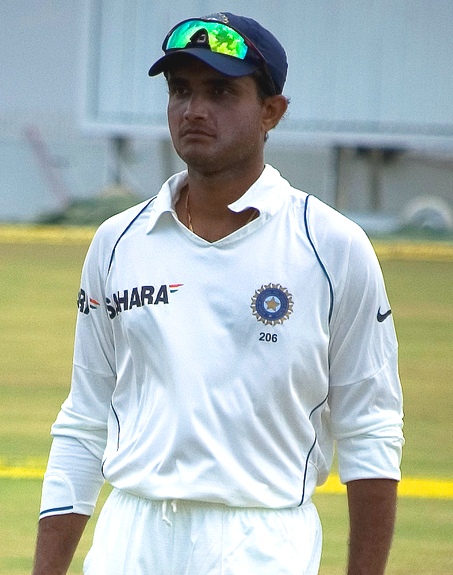
"Sourav Ganguly crop" by Sourav Ganguly.jpg: Hashir Milhan derivative work: Legolas2186 - Sourav Ganguly.jpg. Licensed under CC BY 3.0 via Commons.
Wednesday, 9 July 2014
Eleven Indian Candidates pass AFC A-Certificate Coaching Course!

- Raman Vijayan
- Langam Chaoba Devi
- Prasanta Chakrabarty
- Kundan Chandra
- Shankarlal Chakraborty
- Subroto Dutta
- Mridul Kanti Banerjee
- Arun Saha, E.S. Shyam
- Tarun Dey
- Biswajit Bhattacharya
- Pro-Pass Candidate: D. Manivannan
Saturday, 21 June 2014
TV viewing breaks records in first 2014 FIFA World Cup matches
 Television coverage of the 2014 FIFA World Cup broke a whole host of viewing records during the first round of group matches in Brazil, highlighting the growing popularity of the competition and football around the world. Opening matches set new audience highs for 2014 all over the world as fans watched in record numbers in countries such as Brazil, Japan, Germany, the United Kingdom, Argentina, France, the Netherlands, Croatia and Italy. An all-time high was set in the French-speaking part of Belgium. The viewing figures also revealed an impressive increase in the United States, Canada and Australia, where the World Cup is helping to drive interest in the game to new levels. ESPN's coverage broke audience records for men's World Cup matches in the United States.
Television coverage of the 2014 FIFA World Cup broke a whole host of viewing records during the first round of group matches in Brazil, highlighting the growing popularity of the competition and football around the world. Opening matches set new audience highs for 2014 all over the world as fans watched in record numbers in countries such as Brazil, Japan, Germany, the United Kingdom, Argentina, France, the Netherlands, Croatia and Italy. An all-time high was set in the French-speaking part of Belgium. The viewing figures also revealed an impressive increase in the United States, Canada and Australia, where the World Cup is helping to drive interest in the game to new levels. ESPN's coverage broke audience records for men's World Cup matches in the United States. - 42.9 million watched Brazil and Croatia on Brazilian channel TV Globo, the highest sports broadcast of 2014
- England and Italy's opener attracted 14.2 million on BBC1 in the UK and 12.8 million on RAI 1, the highest TV audiences in both countries in 2014
- 34.1 million watched Japan play Côte d'Ivoire on Japanese channel NHK, twice the size of the next biggest sports broadcast of 2014
- Germany’s win over Portugal reached 26.4 million on ARD in Germany, the biggest 2014 TV sports audience
- 11.1 million watched the USA vs Ghana match on ESPN in the United States – a record high for ESPN's coverage of men's FIFA World Cup matches
Saturday, 14 June 2014
Nike - A Retrospective of Brasil's Yellow Jersey from 1998!

Thursday, 12 June 2014
Diego Maradona slams FIFA corruption, demands action
Friday, 6 June 2014
World Cup injuries: Ronaldo 'cursed', England's Ox waits
- Cristiano Ronaldo: Real Madrid and Portugal
- Injury: Tendinosis in knee / thigh strain / cursed by witch doctor
- When injured: Ongoing problem (first cursed in Feburary)
- Due back: Unknown
- Prospects: Doubtful for opener.
- Alex Oxlade-Chamberlain: Arsenal and England
- Injury: Knee ligament damage
- When injured: Friendly against Ecuador
- Due back: Unknown
- Prospects: Waiting on test results
- Robin Van Persie: Man United and Netherlands
- Injury: Groin strain
- When injured: Friendly against Wales
- Due back: Soon
- Prospects: Good
- Radamel Falcao: Monaco and Colombia
- Injury: Anterior cruciate ligament
- When injured: January
- Due back: June
- Prospects: Ruled out
- Franck Ribery: Bayern Munich and France
- Injury: Back
- When injured: Ongoing problem
- Due back: Unknown
- Prospects: Doubtful
- Riccardo Montolivo: AC Milan and Italy
- Injury: Broken leg
- When injured: Word Cup warm-up vs Ireland
- Due back: August
- Prospects: Out of the tournament
- Luis Suarez: Liverpool and Uruguay
- Injury: Knee
- When injured: World Cup training
- Due back: Mid-June
- Prospects: Possible
- Diego Costa: Atletico Madrid and Spain
- Injury: Hamstring
- When injured: Champions League final
- Due back: Late-May
- Prospects: Hopeful
- Kolo Toure: Liverpool and Ivory Coast
- Injury: Malaria
- When injured: On trip to Abidjan Due back: Unknown
- Prospects: Good
- Luis Montes: Club Leon and Mexico
- Injury: Broken leg
- When injured: World Cup warm-up vs Ecuador
- Due back: Later this year
- Prospects: Out of the tournament.
- Neymar: Barcelona and Brazil
- Injury: Foot
- When injured: Copa del Rey final, 16 April
- Due back: Mid-May
- Prospects: Hopeful
- Cristiano Ronaldo: Real Madrid and Portugal
- Injury: Thigh/hamstring
- When injured: Mid-April
- Due back: Late May
- Prospects: Fine
- Sami Khedira: Real Madrid and Germany
- Injury: Anterior cruciate ligament
- When injured: November
- Due back: May
- Prospects: Fine
- Jack Wilshere: Arsenal and England Injury: Broken foot
- When injured: Early March
- Due back: Early May
- Prospects: Good
Saturday, 31 May 2014
Nike - The Heat is On in Brazil!

- Sweat-wicking Nike Dri-FIT fabrication
- Dual-knit construction moves sweat away from skin to the outside of the kit where it can evaporate more quickly
- Dual-knit construction features a fabrication that is cooler and softer against skin
- Burn-out mesh at the back of the national team kits and Nike Pro baselayer reduces weight by removing fabric in key heat zones for added breathability
- Laser-cut ventilation increases airflow over the skin
- Nike Pro baselayer options are 16 percent lighter than their predecessors with added cooling and ventilation
- Increased abrasion protection in the Pro baselayer Slider Short match athletes’ sliding patterns with increased breathability and decreased weight. Source: Article


